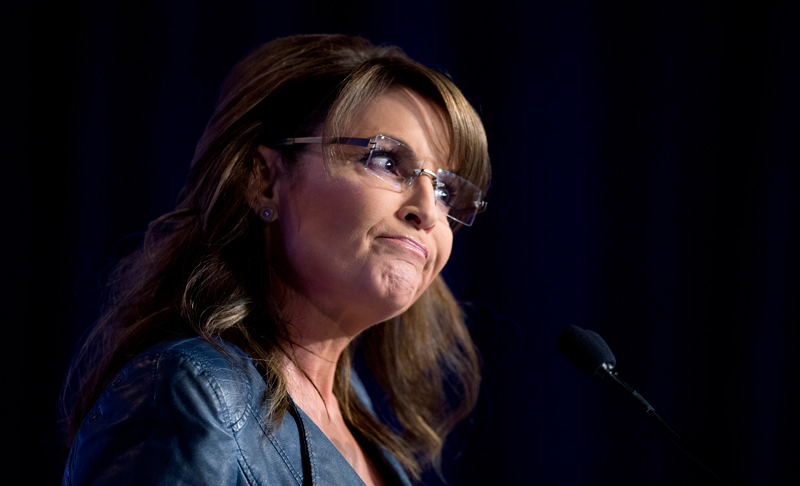
Last week’s release of the ad entitled “vulnerable” by the Commonwealth Future Political Action Committee supporting Charlie Baker is low-down dirty politics. At root, the ad suggests Martha Coakley facilitated child abuse in the Commonwealth via administrative support for the Department of Children and Families. The grey tones and sad playground visuals are all intended to leave voters thinking: Coakley does not stick up for kids. She made it easier for children to experience neglect and abuse. Stating the not so subliminal message makes evident how absurd the ad is. It’s rough. It’s ugly.
 After being quoted in a recent Globe article about the anti-casino ballot question, I got enough critical feedback from friends who support the passage of the question that I have decided to explain more fully my reasoning on the chances of Question #3 passing.
After being quoted in a recent Globe article about the anti-casino ballot question, I got enough critical feedback from friends who support the passage of the question that I have decided to explain more fully my reasoning on the chances of Question #3 passing.

Charlie Baker needs this election to boil down to a personal choice; that is to say a choice between two people, not two policy agendas or governing philosophies. This tricky but necessary tact for Bay State Republicans requires very careful attention to good behavior on the campaign trail. When Baker committed the "sweetheart" gaffe it was a relatively containable slip, but a slip nonetheless. The latest SuperPAC attack ad on Martha Coakley, however, is a bit more complicated.

Much was made of the fall 2013 report that Massachusetts students ranked first in the nation in standardized test results for various core subjects. While those results are certainly impressive, they also serve to mask real educational deficiencies in the Commonwealth -- areas where Massachusetts in fact lags far behind many other states. More exactly, the performance of Massachusetts students in wealthier schools and districts drives much of the quantitative success on standardized tests and our high test scores in K-12 contrasts mightily with the relative paucity of state funding and support for education in the early years and post-high school.
Charlie Baker’s “sweetheart” gaffe was a campaign turning point, a bombshell, a Baker Shocker. It called down the scorn of women’s groups, the Democratic Party, activists, bloggers, tweeters; columnists condemned, cartoonists guffawed, pollsters polled. It’s a game changer alright.
Don’t believe the game changer part. Baker’s bumble won’t matter much at all.My post last week Polling as a Commodity in a Saturated Market generated some interesting comments in the 140 character world of Twitter. I’d like to indulge in a few extra characters for some of the issues that arose. Important questions arose about whether anyone outside the community of political junkies even notices polls, whether polling influences or simply measures attitudes, and polling and citizen engagement.


